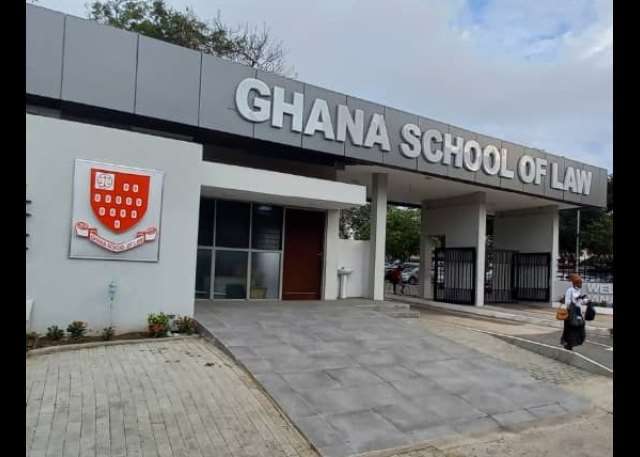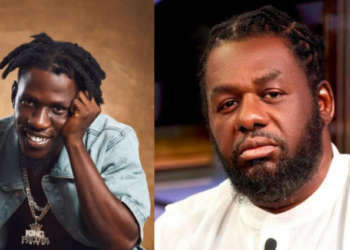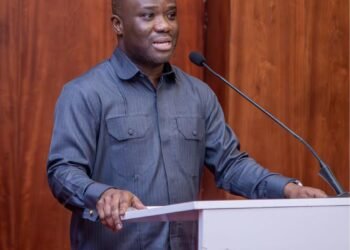Calls for a comprehensive overhaul of Ghana’s legal education system have gained renewed urgency as Kwaku Ansa-Asare, former Director of the Ghana School of Law, has voiced strong reservations about the current Legal Education Bill under review by the government.
In his view, the bill’s title and scope fall short of the fundamental changes needed to address longstanding systemic weaknesses in how Ghana trains its lawyers.
Speaking critically on the matter, Ansa-Asare noted that the proposed bill’s title—focused narrowly on legal education—suggests a partial approach that risks neglecting critical components of a lawyer’s training.
“I think that, in the first place, the title of the bill, legal education is a little troubling because legal education comprises the academic route as well as the professional route.”
Kwaku Ansa-Asare
He argued that unless the bill takes into account both academic and professional development, it risks becoming a half-measure that leaves structural problems unresolved.
For Ansa-Asare, any meaningful reform must extend beyond simply decentralizing legal training institutions or converting existing law faculties into professional training centers.
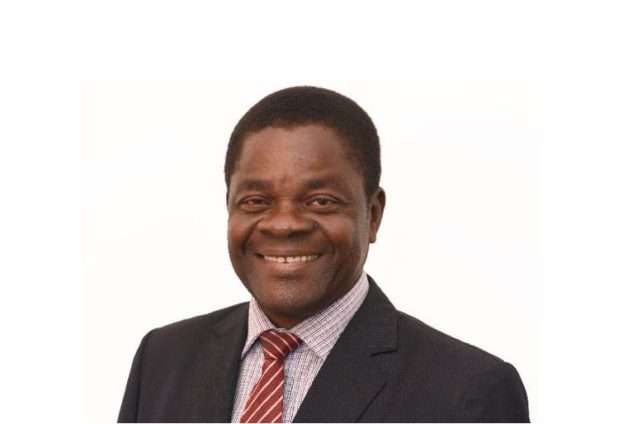
“If it is the intention of the government to decentralize, maybe regionalize, or ensure that all the law faculties are converted into institutions that are capable of training intending lawyers for the country, then the designation of the bill must be legal education, legal practice.”
Kwaku Ansa-Asare
He warned that failure to do so will mean addressing only part of the problem and leaving the rest “hanging for a future generation.”
Rethinking Legal Education In Ghana
At the core of Kwaku Ansa-Asare’s critique is a concern that Ghana’s legal education system continues to suffer from a disjointed structure inherited from colonial British rule.
Drawing comparisons to systems in the United States, he explained how other countries have successfully integrated academic study with practical legal training.
“You go to the US, where there are LLBs, the JD program. They’ve integrated academics into the professional programs. So if you are studying contract, for instance, you also add negotiation, skills training, maybe mediation, conciliation, opinion writing, drafting.”
Kwaku Ansa-Asare
Unlike more integrated systems elsewhere, Ghana’s legal education structure maintains a clear divide between academic study and professional training.

The initial three years focus largely on theoretical instruction, emphasizing the identification and understanding of legal sources.
Ansa-Asare believes this approach leaves students inadequately prepared for practical legal work by the time they advance to the Ghana School of Law.
He gave a stark example to emphasize the gap between academic knowledge and courtroom readiness.
“But when you get to law school [Ghana School of Law], that two-year program is where you are going to train or to be trained in the nuances of legal practice. It’s too late. So by the time you finish the two years, you don’t even know how to move a court.”
Kwaku Ansa-Asare
According to him, the issue becomes especially clear when newly qualified lawyers are expected to handle courtroom proceedings right after being called to the Bar.
Many struggle with basic procedures, such as formally addressing the court, due to a lack of practical training during their education.
Such shortcomings, he believes, are not just academic—they are practical failures that affect the performance and confidence of newly minted lawyers.
In his view, the gap between theory and practice is one of the root causes of professional underdevelopment within Ghana’s legal community.
Full Training Overhaul Urged
Moreover, Kwaku Ansa-Asare stressed that to truly address these deficiencies, reforms must be comprehensive.
The current draft bill, he argued, does not go far enough in addressing the deep-seated issues that plague the legal training system.
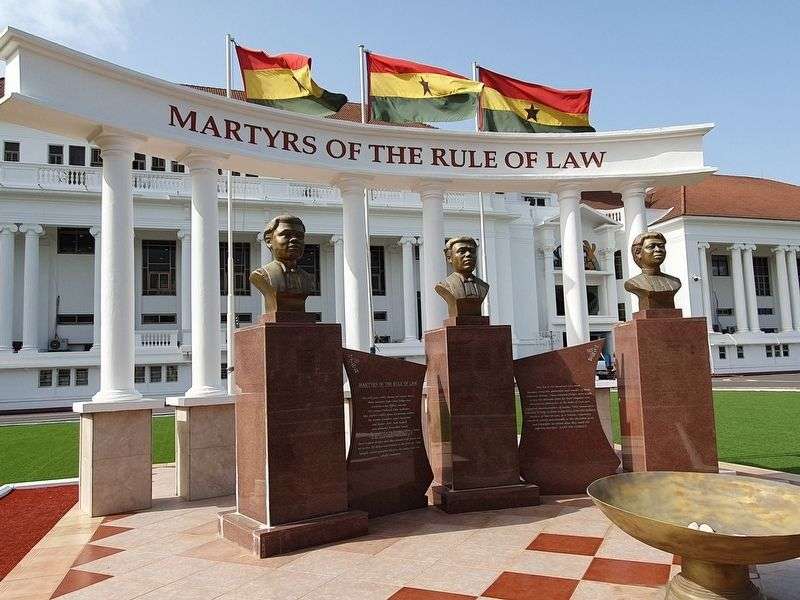
“The legal education focuses solely on the academic component of the training of an intending lawyer. So, if we desire to address some of the intractable challenges that are facing the training of lawyers, then the bill must be holistic, covering every aspect of the problem that has been identified.”
Kwaku Ansa-Asare
He believes the solution lies in a comprehensive reform that closes the gap between academic study and professional training, ensuring students are properly prepared for courtroom practice and equipped with the practical skills needed to thrive in Ghana’s legal system.
In his view, the current bill offers only a partial fix to a much deeper issue.
As public debate around the Legal Education Bill continues, Ansa-Asare’s comments are expected to reignite discussions about the broader challenges confronting legal education in Ghana and the urgent need for reforms that truly prepare future lawyers for both academic excellence and professional success.
READ ALSO: Second Round Of Russia-Ukraine Talks Results In Another Prisoner Exchange Agreement

